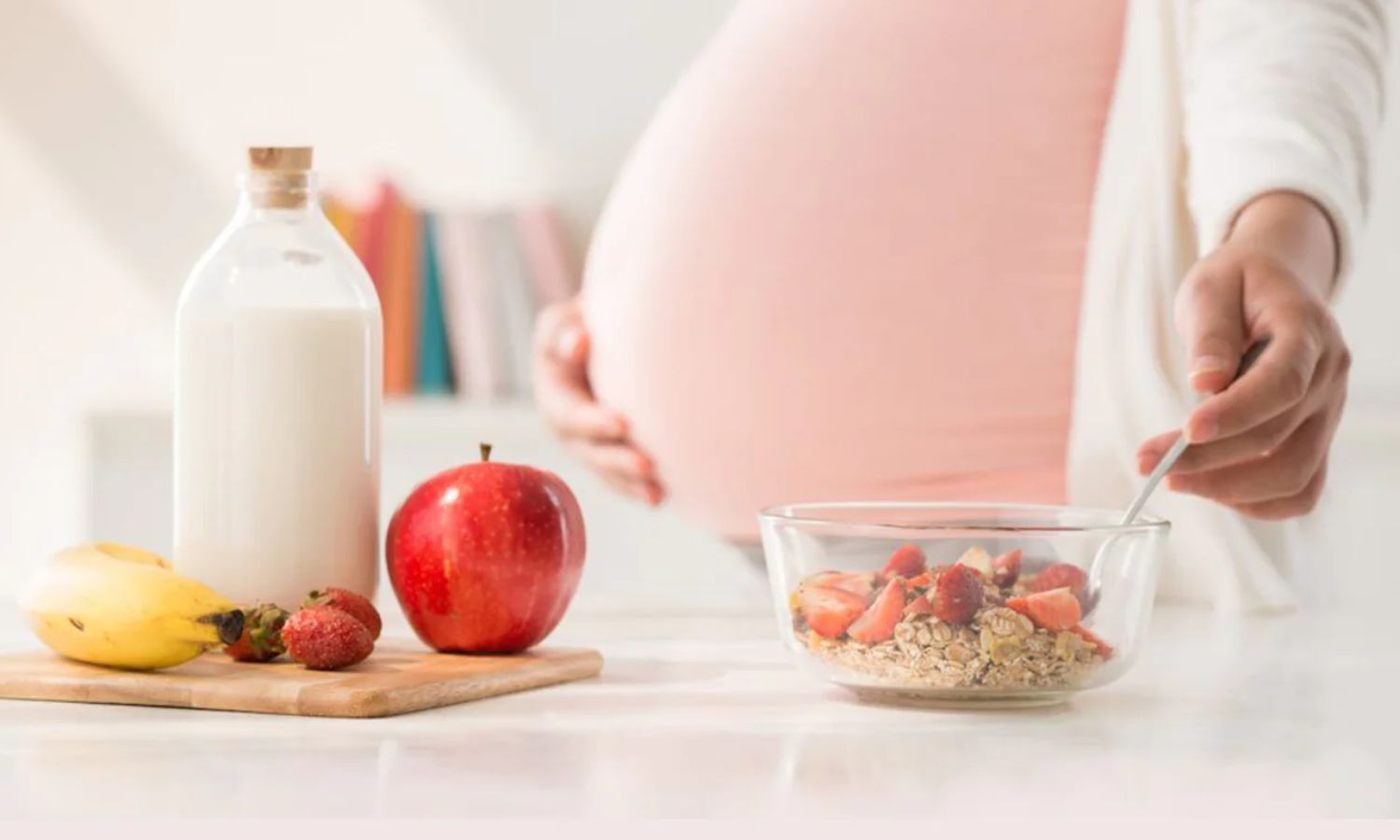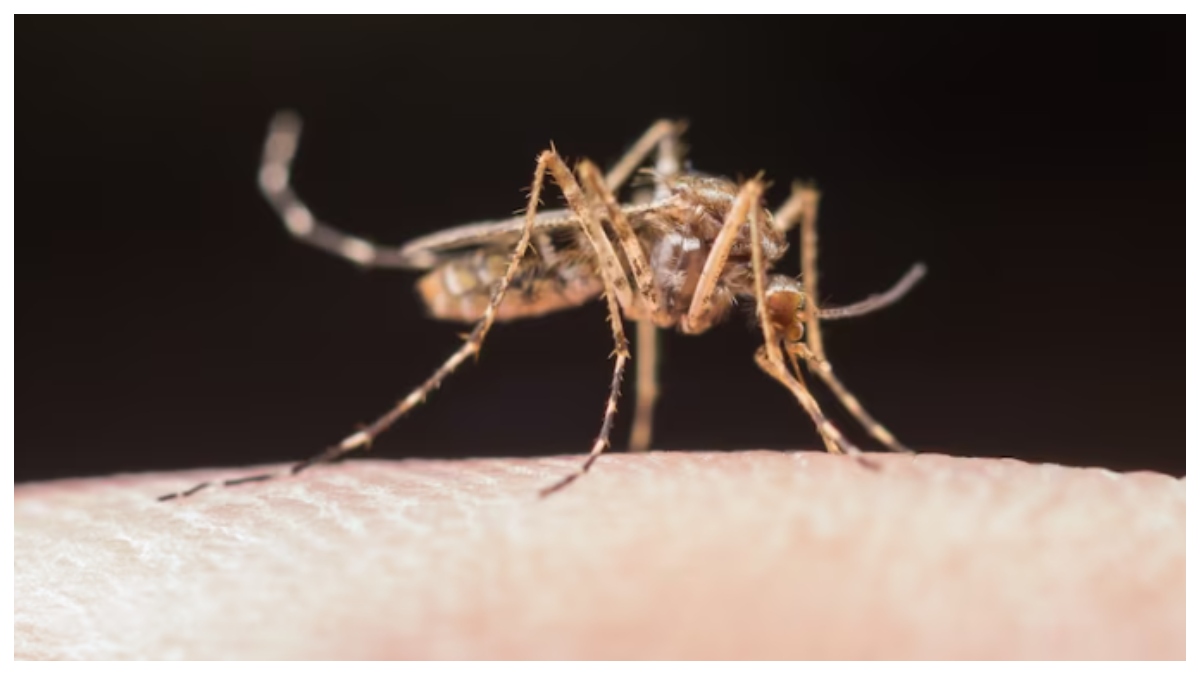Japan: Improvement of maternal diet before conception may lower certain wheeze phenotypes in early childhood, according to a recent study published in Allergy — European Journal of Allergy and Clinical Immunology.
Asthma is the most frequent chronic respiratory disease in children. The increasing global burden of childhood asthma has emphasized the need to identify predictors that are modifiable in early life and to determine efficient approaches to reduce the development and progression of paediatric asthma.
The role of prenatal diet on childhood wheezing and subsequent asthma risk is inconclusive, which may be partly due to the heterogeneity in wheezing phenotypes. Therefore, Shoji F. Nakayama, National Institute for Environmental Studies, Ibaraki, Japan, and colleagues aimed to identify wheeze trajectories in early childhood and to examine their associations with periconceptional maternal diet quality.
For this purpose, the researchers analyzed data from 70,530 mother–child pairs of liveborn singletons from the Japan Environment and Children’s Study. Wheezing was reported by caregivers using a modified yearly International Study of Asthma and Allergies in Childhood questionnaire from 1 to 4 years of age, from which trajectories were derived using group-based trajectory modelling.
Maternal diet in the year preceding the pregnancy’s first trimester was assessed using a validated food frequency questionnaire; overall diet quality was determined using a balanced diet score based on the Japanese Food Guide Spinning Top. The association between maternal diet quality and wheeze trajectory in early childhood was examined through Bayesian inference of multinomial logistic regression models.
The study revealed the following findings:
- Four wheeze trajectories were identified: ‘never/infrequent’ (69.1%; reference group), ‘early-childhood onset’ (6.2%), ‘transient early’ (16.5%) and ‘persistent’ (8.2%).
- After adjustment for confounders, a higher quartile of maternal balanced diet score was associated with a lower risk of belonging to the ‘transient early’ and ‘persistent’ wheeze trajectories compared with the ‘never/infrequent’ wheeze trajectory by 10% of both.
- Maternal balanced diet score was not associated with belonging to the ‘early-childhood onset’ wheeze trajectory.
The findings revealed that higher periconceptional maternal diet quality is tied to preferable wheeze trajectories in early childhood.
“Further follow-up of this cohort will allow clarification of the wheeze trajectories throughout childhood and the examination of asthma risk and lung function in later life,” the researchers wrote.
“Evidence is still inconsistent and limited improving overall diet quality before pregnancy may lower asthma-like symptoms and their related healthcare burden in offspring,” they concluded.
Reference:
Okubo, H., Nakayama, S. F., & Ohya, Y. Periconceptional maternal diet quality and offspring wheeze trajectories: Japan Environment and Children’s Study. Allergy.




































